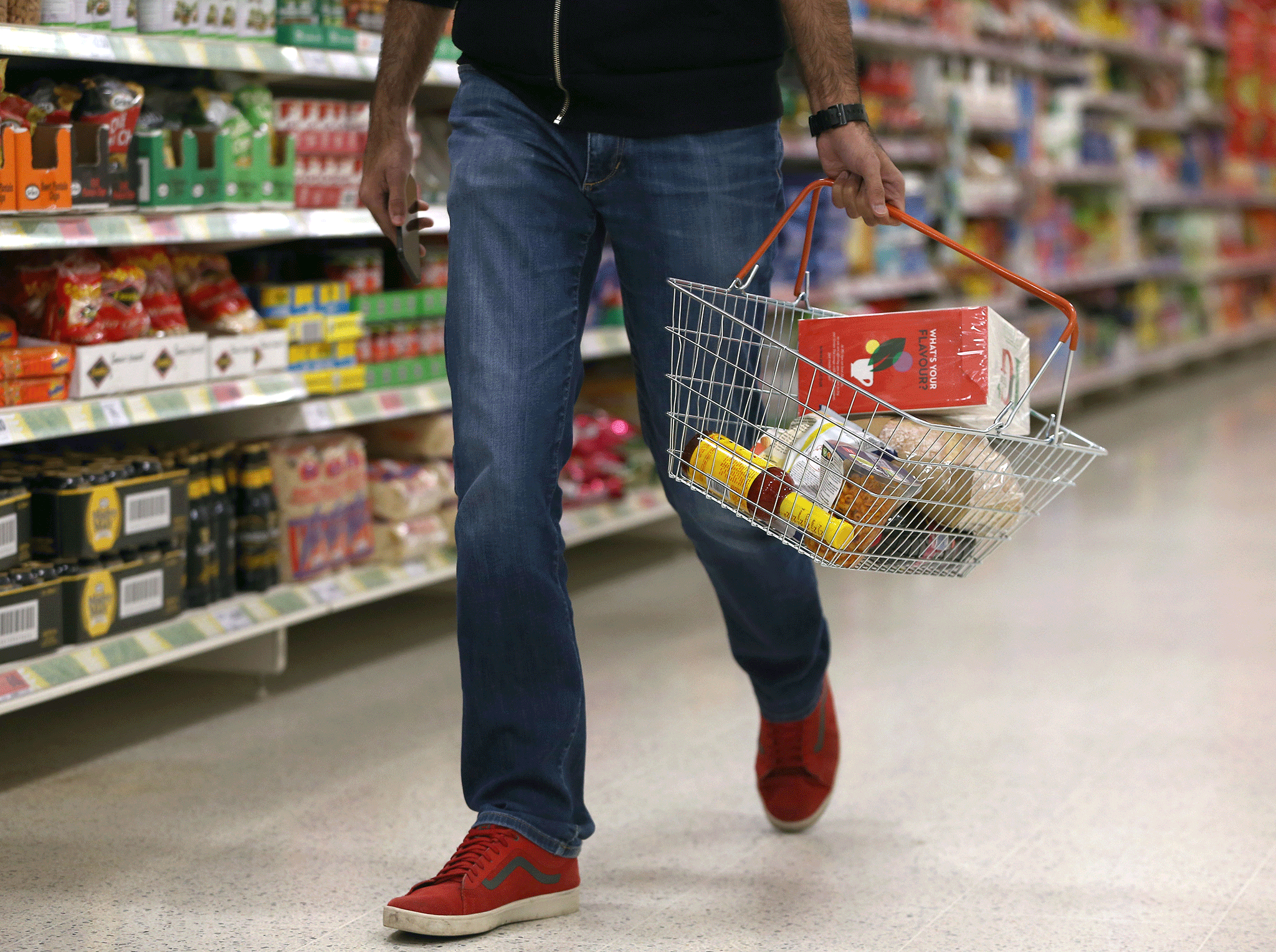UK interest rates: What will a rise mean for your loans, savings and holidays?
As the UK economy grew faster than expected last quarter, a Bank of England interest rates hike looks more likely

Interest rates look set to rise next week after official figures showed the UK economy grew faster than expected between July and September.
The Bank of England (BoE)’s rate-setting committee is expected to vote for a 0.25 per cent increase in its benchmark rate when it meets next week. The rise is small but will have knock-on effects for consumers, particularly in relation to borrowing and saving.
Mortgages
One typical side effect of higher rates is an increase in monthly mortgage payments.
This will quickly hit those on tracker mortgages. These variable-rate mortgages track the BoE base rate at a fixed margin above or below it.
A person on a tracker mortgage who is paying 2 per cent interest on a 25-year, £250,000 repayment could see their monthly £1,100 instalment rise by around £30 if BoE interest rates – which are currently at 0.25 per cent – rise to 0.5 per cent.
But this will affect fewer homeowners than it once would have because borrowers have tended to move away from tracker mortgages – around 57 per cent of the total stock of mortgage loans are on a fixed-rate basis.
Those on a fixed-rate mortgage will not feel the downsides of a rate rise until they remortgage their property. Plus, the proportion of English households with a mortgage has dropped below 30 per cent from over 40 per cent a decade ago.
It is still a possibility that mortgage borrowers with tight finances could find they are unable to pay an increase in repayment costs as a result of a BoE rate rise.
However, this situation should not be a widespread problem given that commercial banks have been put under regulatory pressure in the last few years not to lend to people who would not be able to cope with a modest interest-rate rise. BoE survey results suggest that most families would not find themselves in difficulty.
But an increase in mortgage costs could lead to affected consumers spending less at the shops, which, in turn, could impact the wider economy.
Personal loans
For those seeking a personal loan, the average interest rate on borrowing £5,000 has dropped from 9.3 per cent at the time of the EU referendum to 8 per cent. This drop has been driven by the central bank’s cut in interest rates in August 2016, and if that decision was reversed, unsecured borrowing costs are likely to rise.
The BoE is concerned by the quick increase in unsecured borrowing and so would see this as a benefit.
But a minority of households struggle with debt – credit ratings agency Moody’s said earlier this month that a hike in interest rates could create difficulties for poorer households.
The BoE, for its part, has said debt problems are linked to unemployment.
Savings
For consumers that are able to save, a rise in interest rates should boost the interest they earn on their current account deposits.
An interest-rates rise could improve the payback for those on instant access savings accounts, which have dropped to around the 0.1 per cent mark from 0.4 per cent in June 2016.
There is a possibility that banks wouldn’t transfer the benefit of a rate rise to consumers in order to boost their profits – but that is unlikely given the backlash that would probably result.
Business news: In pictures
Show all 13Holidays
Since the Brexit vote, a weakened pound has meant less beneficial exchange rates for those travelling abroad. An increase in interest rates is often linked to an increase in the exchange rate and a stronger pound, which can should translate to cheaper foreign holidays.
At the prospect of a rate rise, brought by the improved GDP figures from the ONS, the pound gained around 0.5 per cent against the dollar.
Subscribe to Independent Premium to bookmark this article
Want to bookmark your favourite articles and stories to read or reference later? Start your Independent Premium subscription today.

Join our commenting forum
Join thought-provoking conversations, follow other Independent readers and see their replies